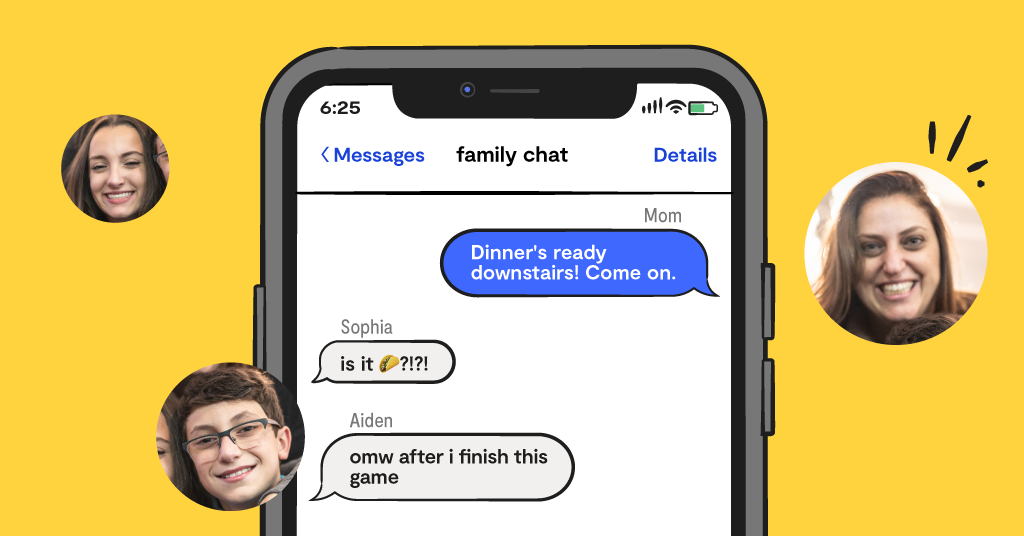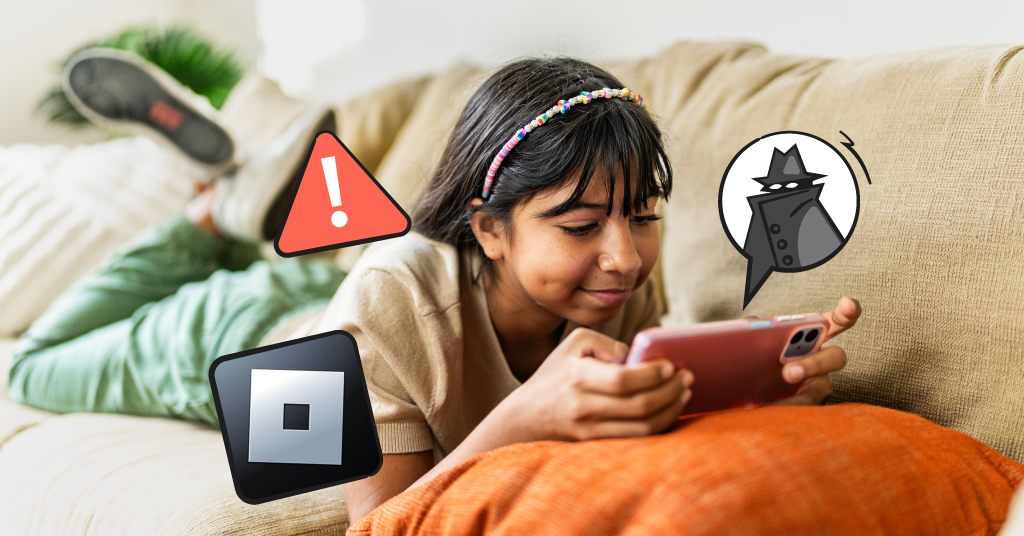
**This blog post was updated on Oct. 4, 2024.**
Did you know that more than 90% of American kids play video games? It’s easily the most common pastime for young people, and thanks to technology, there are more ways than ever to log on and start playing. But playing video games presents a whole host of issues, from addiction to online predators.
Fortunately, there are plenty of ways to help balance the fun of video games with the potential dangers. Whether your kid is into console gaming (like Xboxes or PlayStations), phone games, or even virtual reality, we’ve got tips for helping encourage healthy video game habits.
10 Tips for Healthy Video Game Habits
1. Keep the console in a main area
We recommend having the Nintendo or Xbox live in a common area like the playroom or the living room. This way, you can keep a general eye on what your child is doing and how they’re behaving. Plus, it’s easier to prevent all-night gaming sessions if it’s not in their bedroom.
2. Research the games your child is playing
Video games have come a long way from just Mario and violent games (though both of those still exist and are still very popular). Today, there are all types of immersive games that can provide social, educational, and creative expression. Find out which games your kid is passionate about and learn what they’re about. Better yet, sit down with them and watch them engage in a bit of gameplay to get a better feel. Pro tip: Learn some of the most popular video game slang so you can understand (and shock) your kid.
3. Know who they’re playing with
Kids can play together in the living room, but they can also play online with friends (and even strangers!). Talk to your child about the other players, and whether they know them in real life. For many games, like Call of Duty or Fortnite, they may be paired up with strangers randomly from across the world. If you listen to what your kid hears on their headphones, you can experience it yourself, too! Because these games throw together players from all over, it’s possible your kid may hear crude jokes, offensive language, profanity, hate speech, racist slurs, and more.
4. Have the stranger danger chat discussion
On this heels of #3, it’s important to talk to your kid about the types of strangers they may encounter on multiplayer online games. Some may be normal, some may be mean or angry, and some, unfortunately, could be online predators. Talk to your kid about how people online may not always be who they seem — and some may actively be trying to manipulate kids in sending photos or moving chats to a different platform.
5. Set daily time limits and watch for addiction
Apart from holidays and the occasional free-for-all session, it’s important to set boundaries around your child’s video game time. Some experts suggest 30 minutes per day during the school week and an hour per day on weekends, but every family is different. For some, this may be too much, and for others, maybe not enough. If your kid is finishing their homework and chores and keeping good grades, you can perhaps be more lenient. But for other kids, daily gaming may be too much of a distraction. No matter what, keep an eye on how preoccupied they get with gaming.
6. Keep a water bottle next to them
This is a simple one, but staying hydrated is always important, even when your child is inside and not running around. There can be a culture of wanting to drink caffeinated beverages to stay alert and pumped while playing video games, but this isn’t always healthy. Encourage your child to drink water when they’re playing.
7. Learn about the other parts of video game culture
In addition to playing the games themselves, video game fans also like to talk about them and watch other people play them. Discord is a popular messaging platform where players can discuss strategy and even log in to voice chat on games that don’t have in-game chat. Check out our Discord blog post for all of the potential dangers this app poses. Twitch, on the other hand, is a website where live-streamers broadcast themselves playing popular games while chatting with fans. We’ve also got a run-down of it, too.
8. Prioritize literally everything else first
Video games are fun, and kids enjoy them. Kids would also enjoy eating ice cream for dinner every night and never brushing their teeth. When it comes to planning out days, make sure everything else comes first — school work, chores, dinner at the kitchen table, walks outside, and anything family-related. Video games are a bonus, not a given.
9. Embrace the positive parts
While it can be easy to rail on all the negative parts of video games (and there are plenty), you can also think about their good qualities. Kids can improve their hand-eye coordination, interact with friends (this was huge during COVID), and learn problem-solving skills.
10. Get your child to be aware of their body while playing
Have you ever tried to talk to your kid while they’re deep in the middle of a battle? It can be like talking to a wall. Now, imagine how your kid’s body feels when it’s been hunched over and stressed out for an hour straight. Encourage your child to get up and move every once a while, stretch before and after, and take breaks. And if your kid is into VR headsets, make sure they know where their play boundaries are so they don’t go running into walls or objects.
Manage Game Time with Bark
We know — managing screen time and encouraging healthy video game habits is often easier said than done. But Bark can help! If your kid is playing games on their phone, you can set screen time limits like “no Among Us during the school day.” You can also pause the internet whenever you want to their device. Plus, Bark comes with a free, 7-day trial and works on both iOS and Android.
If it’s gaming consoles you’re worried about, the Bark Home is a game-changer. You can turn off the internet to them on a schedule, so your kid won’t be engaged in multiplayer games after bedtime. Bark Home also works on all the internet-connected devices in your home, including TVs, laptops, and computers.
Read more
Bark helps families manage and protect their children’s digital lives.





